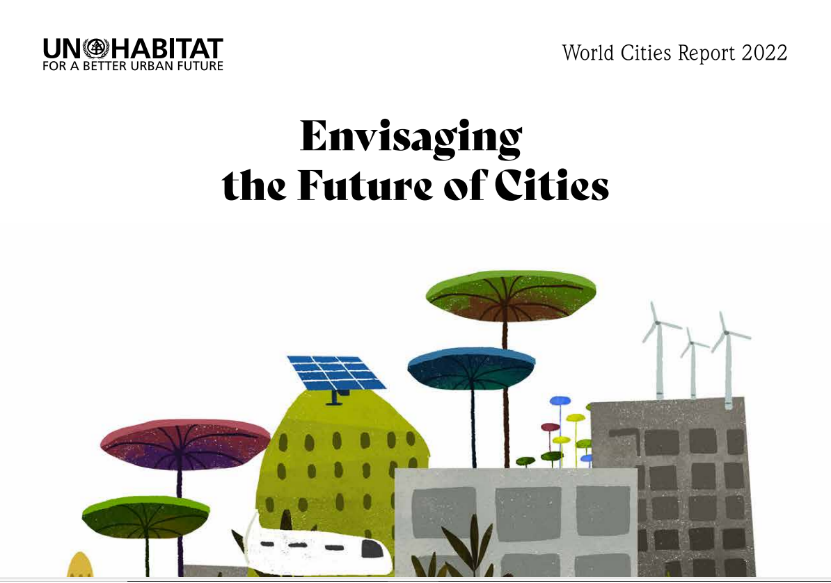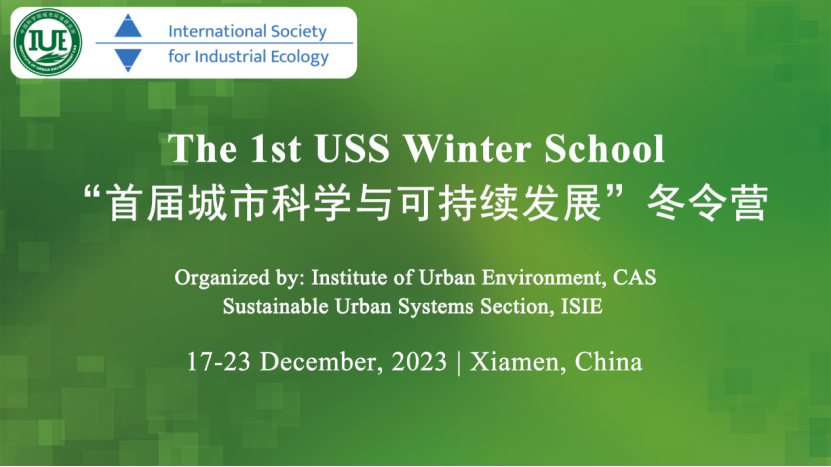The importance of science for understanding cities and urbanization: an introduction
Luis Bettencourt
09:00 - 10:30, Apr 29 2025, Beijing Time; 20:00 - 21:30, Apr 28 2025, Chicago Time
Please register here.
Prof. Luis Bettencourt is a Professor of Ecology and Evolution at The University of Chicago. He is also the Inaugural Director of the Mansueto Institute for Urban Innovation and External Professor at the Santa Fe Institute. Bettencourt’s research investigates fundamental processes of biological and social organization and evolution in complex systems, with an emphasis on urban environments. He creates multidisciplinary theory and methods to deal with integrated concepts in these complex systems, often based on network structures and processes of learning and adaptation.
Abstract
Cities appear in every society both as massive problems and as sources of price and achievement. For most of history, policy approaches to cities have focused narrowly on their problems, without a scientific attempt at understanding what cities are, how they work and what they can achieve. This has lead to great failures of design and policy, which undermine and delay cities' potential for socioeconomic development and innovation. In this talk, I will use my recent book “Introduction to Urban Science" to demonstrate that cities can and should be studied scientifically, as a natural phenomenon with specific characteristics and laws. I will discuss what a scientific approach means for cities, in terms of advancing falsifiable hypotheses about how all cities work, and testing such predictions against evidence from around the world and throughout history. I will also show examples of emerging general results in terms of scaling laws, the city size distribution, neighborhood structure, and development. I will close with some reflections emphasizing a scientific approach to design and policy, and some warnings as to why narrow utilitarian approaches or statistical treatments of large data do not suffice.



